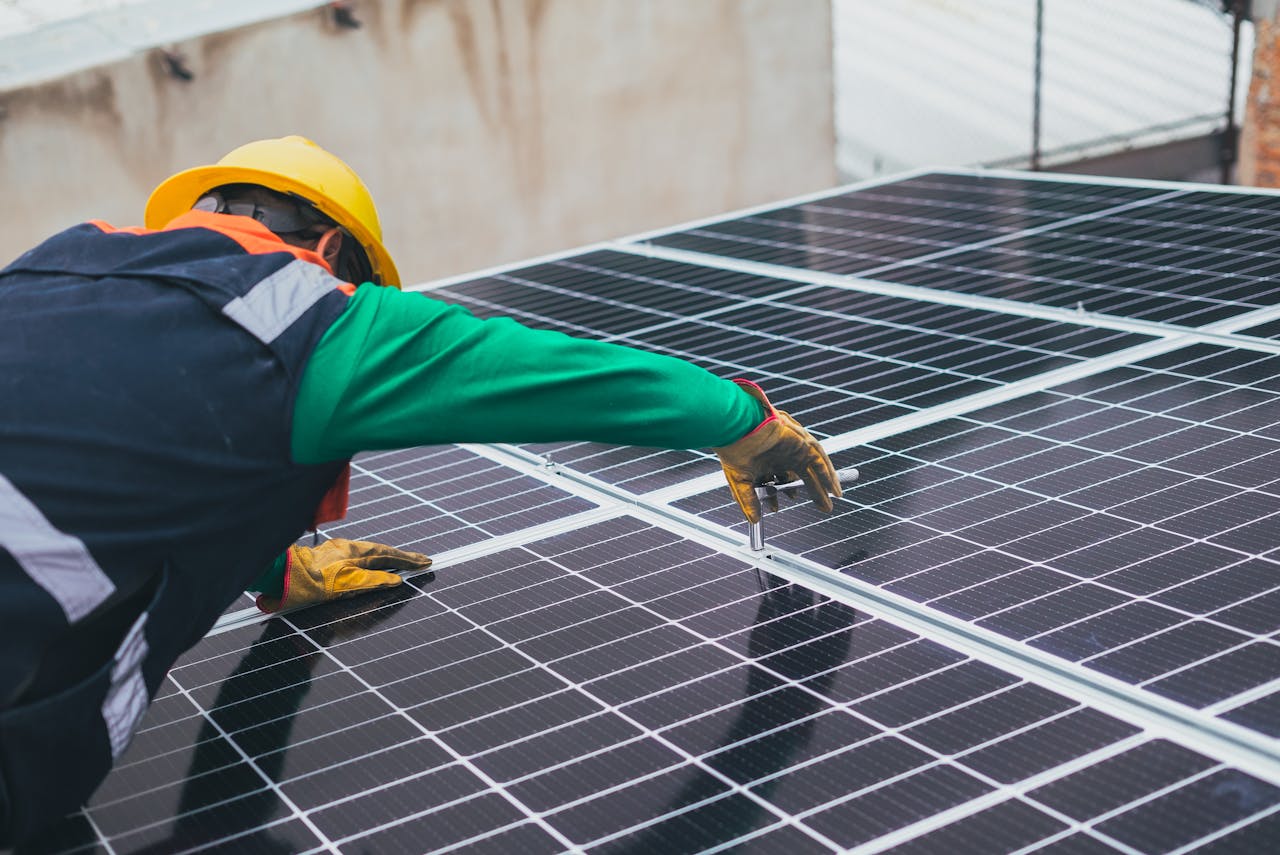
As the world shifts towards renewable energy solutions, solar panels have emerged as a leading option for homeowners and businesses alike. This article delves into the multitude of benefits that make solar panels a smart investment.
One of the most immediate and noticeable benefits of installing solar panels is the reduction in energy bills. By harnessing the power of the sun, households and businesses can produce their own electricity, drastically decreasing reliance on grid-based power.
This self-sufficiency leads to significant savings, especially in regions with high electricity rates. As the initial installation costs of solar panels have markedly decreased over the years, the return on investment has become more attractive. Moreover, many governments offer financial incentives such as tax credits and rebates, further sweetening the deal. Depending on the size of the solar power system and the energy consumption of the household or business, solar panels can lead to thousands of dollars in savings over their lifespan, which typically exceeds 25 years. These savings can then be allocated to other essential expenses or investments, thereby improving overall financial stability.
Going solar is not just a smart financial decision; it’s also an environmentally responsible choice. Solar panels produce energy without emitting greenhouse gases, making them a perfect solution for combating climate change. Unlike fossil fuels, which contribute to air pollution and global warming, solar energy is clean and sustainable. By installing solar panels, individuals and businesses can significantly reduce their carbon footprint and help transition society towards more sustainable energy sources. For instance, a moderately-sized residential solar panel system can reduce carbon emissions by several tons annually. Such reductions in carbon footprints contribute to cleaner air and water, positively impacting public health and biodiversity. The cumulative effect of widespread solar panel adoption could be monumental, offering a scalable solution to global environmental crises.
Property values tend to increase significantly with the installation of solar panels. Numerous studies have shown that homes equipped with solar panel systems sell for higher prices compared to those without. This increase in property value can be attributed to the future energy cost savings that the buyer will inherit, making the property more attractive. Additionally, as more people become aware of the environmental and financial benefits of solar energy, demand for “green” homes is likely to rise. This shift in buyer preferences further enhances the value of solar-equipped properties. Even if homeowners do not intend to sell their property immediately, the increased value remains an asset that can be leveraged in various ways, such as refinancing options or better terms for home equity loans. In some markets, solar panel installations have been shown to increase property values by as much as 4-6%, thereby offering not only energy savings but also enhanced long-term financial stability.
Another compelling reason to invest in solar panels is their reliability and low maintenance requirements. Modern solar panels are designed to withstand various weather conditions, from intense sunlight to harsh winds and torrential rains. Once installed, these panels require minimal upkeep, often just an occasional cleaning and periodic inspections to ensure optimal performance. Many manufacturers offer extensive warranties, sometimes up to 25 years, giving users peace of mind regarding their longevity and durability. The inverters, which convert solar energy into usable electricity, also have a decent lifespan, generally between 10 to 15 years, and are often included in warranty packages. The minimal maintenance coupled with the durability ensures that the system operates efficiently over its lifespan. Additionally, real-time monitoring systems can be integrated to keep an eye on the performance, making it easier to spot and address any issues promptly.
Finally, investing in solar panels promotes energy independence, which is increasingly important in today’s uncertain geopolitical climate. Energy independence means relying less on external energy providers, whose prices and availability can be affected by various factors ranging from political instability to natural disasters. Producing your own electricity through solar panels insulates you from price fluctuations and supply disruptions. This stability is particularly beneficial for businesses, which need predictable operating costs to plan effectively. For households, energy independence means being less affected by rising energy costs and having a more predictable monthly budget. In some cases, especially in regions prone to power outages, solar panels coupled with battery storage can provide a reliable backup power source, enhancing overall energy security. This sense of independence and control over one’s energy needs not only provides financial advantages but also offers peace of mind.
By understanding these key benefits, it becomes clear why solar panels are a compelling investment for both financial and environmental reasons.